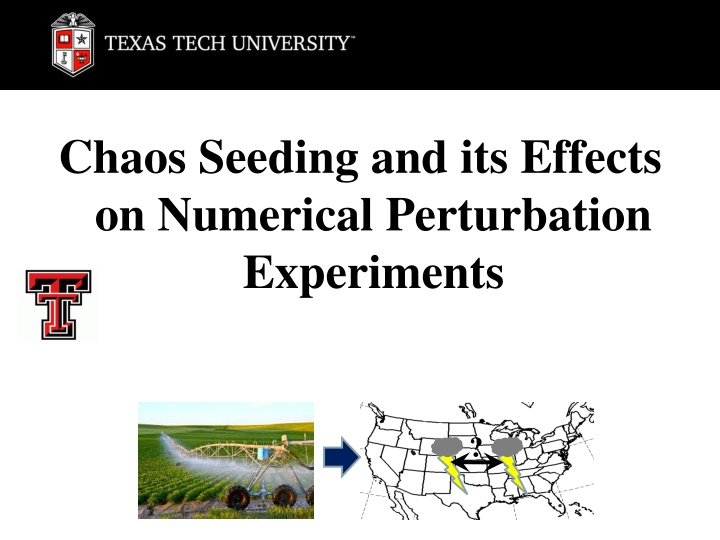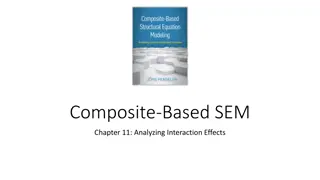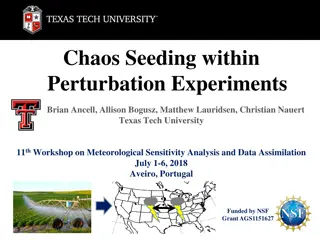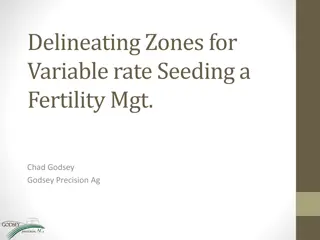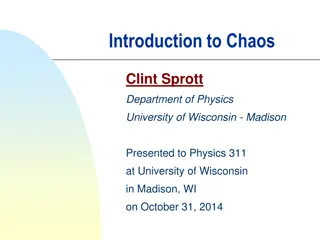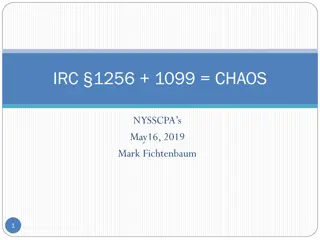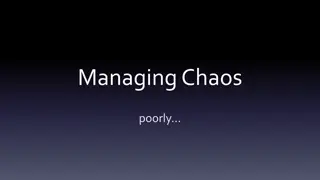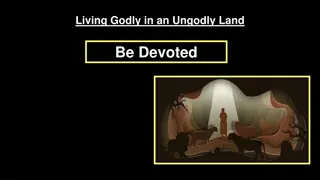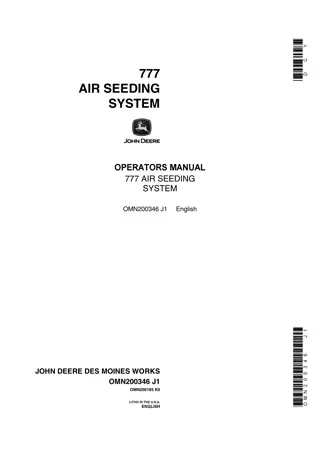Chaos Seeding and its Effects
The images and content discuss an inadvertent weather modification project aiming to determine atmospheric effects from various sources such as irrigation, wind farms, and urban development. The project explores both local and nonlocal modifications, highlighting potential downstream impacts. Through perturbation experiments, the propagation of tiny perturbations at unrealistic speeds is observed, impacting variables like soil moisture and precipitation. Chaos seeding is explored in relation to surface potential temperature and pressure differences caused by wind farm aggregates.
Uploaded on Feb 23, 2025 | 1 Views
Download Presentation

Please find below an Image/Link to download the presentation.
The content on the website is provided AS IS for your information and personal use only. It may not be sold, licensed, or shared on other websites without obtaining consent from the author.If you encounter any issues during the download, it is possible that the publisher has removed the file from their server.
You are allowed to download the files provided on this website for personal or commercial use, subject to the condition that they are used lawfully. All files are the property of their respective owners.
The content on the website is provided AS IS for your information and personal use only. It may not be sold, licensed, or shared on other websites without obtaining consent from the author.
E N D
Presentation Transcript
Chaos Seeding and its Effects on Numerical Perturbation Experiments ?
Discovering Chaos Seeding Inadvertent Weather Modification Project Goal Determine the atmospheric effects at a range of temporal and spatial scales from irrigation, wind farms, and urban development Local Modification: Observational/modeling evidence for modification of temperature, moisture, precipitation, wind, pressure Nonlocal Modification: Substantially less clear, and prior studies suggest significant downstream modification might occur
Discovering Chaos Seeding Inadvertent Weather Modification Project Goal Determine the atmospheric effects at a range of temporal and spatial scales from irrigation, wind farms, and urban development Local Modification: Observational/modeling evidence for modification of temperature, moisture, precipitation, wind, pressure Nonlocal Modification: Substantially less clear, and prior studies suggest significant downstream modification might occur 36-hr accum. precipitation difference (contour interval=0.5 cm) Perturbation energy growth Zhang et al. 2003, JAS
Discovering Chaos Seeding WRF perturbation experiments were conducted, and it was quickly found that tiny perturbations propagated at unrealistic speeds 6 HR Initial Soil Moisture Perturbation 12 HR 4km 12km mm PCP DIFFERENCE LAST 6 HRS
Discovering Chaos Seeding WRF perturbation experiments were conducted, and it was quickly found that tiny perturbations propagated at unrealistic speeds 6 HR Initial Soil Moisture Perturbation 12 HR 4km 12km mm PCP DIFFERENCE LAST 6 HRS
Chaos Seeding Propagation of Perturbations to Surface Potential Temperature WRF Single Precision Propagation Speed WRF Double Precision 3600 km/hr!!
Chaos Seeding Surface pressure differences due to wind farm aggregate in box
Chaos Seeding These unrealistically fast perturbation propagation speeds are due to errors communicated through spatial discretization schemes
Chaos Seeding These unrealistically fast perturbation propagation speeds are due to errors communicated through spatial discretization schemes The expansion of the numerical domain of influence far exceeds that of any realistic dynamical influence
Chaos Seeding Chaos Seeding Characteristics: Independent of variable (all variables affected) Propagates three-dimensionally Rapidly seeds entirety of most mesoscale modeling domains with 1-2 hrs A universal problem - Hohenegger and Schar 2007 grid point model - Hodyss and Majumdar 2007 spectral model
Chaos Seeding Chaos Seeding Characteristics: Independent of variable (all variables affected) Propagates three-dimensionally Rapidly seeds entirety of most mesoscale modeling domains with 1-2 hrs A universal problem - Hohenegger and Schar 2007 grid point model - Hodyss and Majumdar 2007 spectral model What are the consequences?
Chaos Seeding: Consequences Perturbation Below Precipitation Perturbation in California
Chaos Seeding: Consequences Perturbation in California 2-5km Updraft Helicity Tracks (maximum last hour)
Chaos Seeding: Consequences Key Issue: Chaos seeding excites ALL possible growth EVERYWHERE, but realistic processes are substantially more limited
Chaos Seeding: Consequences Key Issue: Chaos seeding excites ALL possible growth EVERYWHERE, but realistic processes are substantially more limited Dire Consequence: Chaos seeding can lead to misinterpretation of experimental results Chaos seeding unknown: Evolution of differences attributed completely to prescribed perturbation Chaos seeding known: Separation of realistic signal from growth of seeds required
Chaos Seeding: Consequences Key Issue: Chaos seeding excites ALL possible growth EVERYWHERE, but realistic processes are substantially more limited Dire Consequence: Chaos seeding can lead to misinterpretation of experimental results Chaos seeding unknown: Evolution of differences attributed completely to prescribed perturbation Chaos seeding known: Separation of realistic signal from growth of seeds required Can Affect the Following Types of Experiments Observation impact/data assimilation Assessing the effects of boundary conditions Examination of the effects of model parameterizations Any initial condition perturbation experiment in a twin model framework
Chaos Seeding: Mitigation 1) Comparison of realistic vs. chaos seeding spatial patterns
Chaos Seeding: Mitigation 1) Comparison of realistic vs. chaos seeding spatial patterns 2) Ensemble sensitivity analysis to distinguish trends not caused by chaos seeding
Chaos Seeding: Mitigation 1) Comparison of realistic vs. chaos seeding spatial patterns 2) Ensemble sensitivity analysis to distinguish trends not caused by chaos seeding
Chaos Seeding: Mitigation 1) Comparison of realistic vs. chaos seeding spatial patterns 2) Ensemble sensitivity analysis to distinguish trends not caused by chaos seeding 3) EOF analysis to reveal the leading modes of variability of atmospheric variables
Chaos Seeding: Mitigation Difference in Leading EOFs (Control-Perturbed) REALISTIC UNREALISTIC 96-hr Accumulated Precipitation
Chaos Seeding: Mitigation 1) Comparison of realistic vs. chaos seeding spatial patterns 2) Ensemble sensitivity analysis to distinguish trends not caused by chaos seeding 3) EOF analysis to reveal the leading modes of variability of atmospheric variables 4) The use of double precision?
